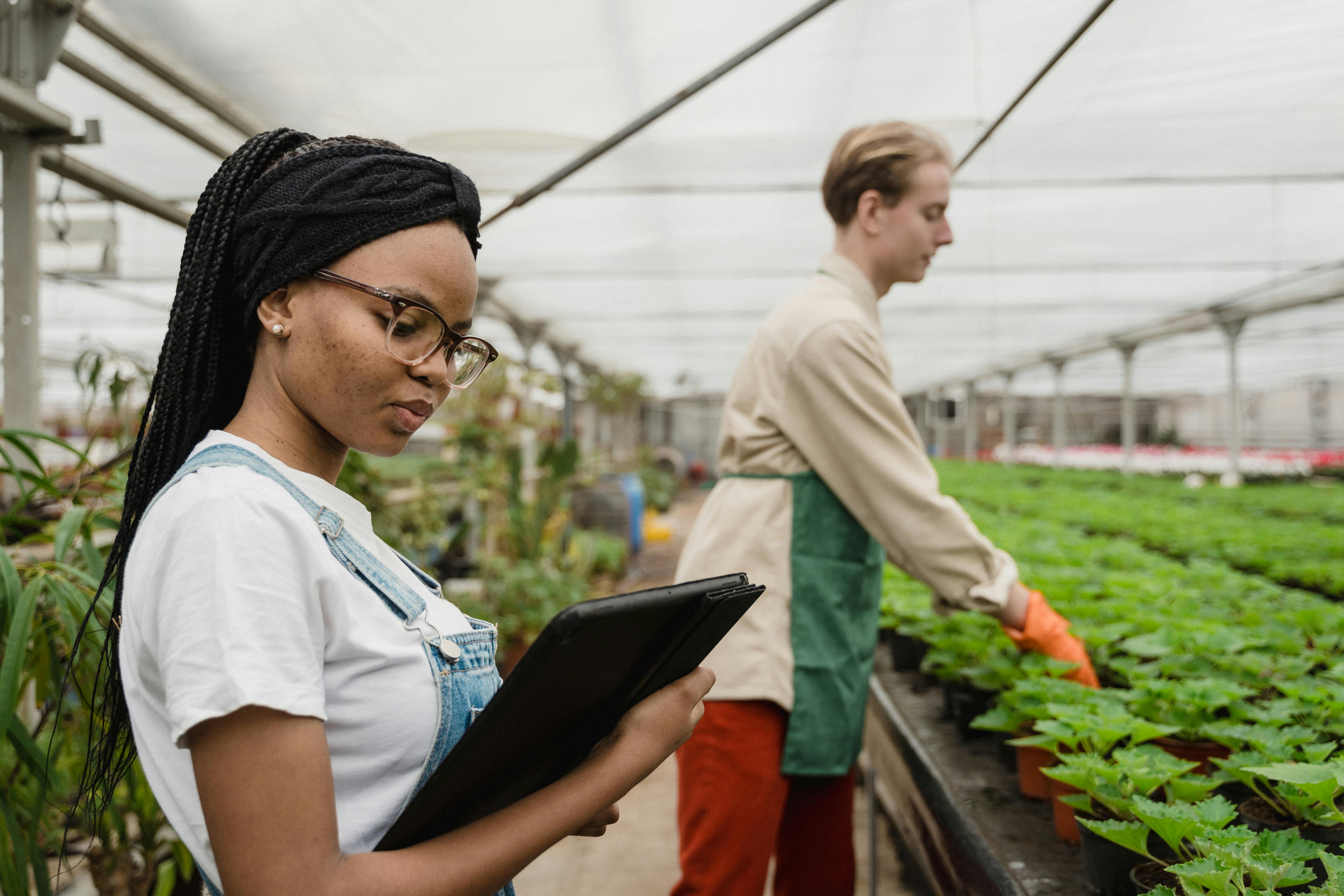1.8K
The landscape of technology and entrepreneurship is witnessing a profound shift towards sustainability, where green tech startups are at the forefront of a sustainable revolution. This movement is not just about creating products or services that are less harmful to the environment; it's about redefining how we live, work, and interact with our planet. As we look towards the future, the role of green tech startups is becoming increasingly pivotal, heralding a new era of innovation that promises to tackle some of the most pressing challenges of climate change, resource depletion, and ecological degradation.
The future of green tech startups is characterized by an integration of cutting-edge technologies with sustainable practices. Artificial Intelligence (AI) and Machine Learning (ML) are being harnessed to optimize energy use, predict environmental impacts, and create smarter, more efficient systems for everything from agriculture to urban planning. For instance, AI-driven platforms are already revolutionizing energy consumption by analyzing data to predict peak usage times, thereby aiding in the efficient distribution of renewable energy sources like solar and wind.
One of the most exciting developments is in the field of renewable energy. Startups are not just focusing on making solar panels more efficient or wind turbines more powerful; they are exploring entirely new forms of energy like tidal and geothermal. Innovations in battery technology, particularly with solid-state batteries, are set to solve many of the current limitations of energy storage, making renewable energy more viable for widespread use, including in remote or mobile applications.
Sustainable materials are another frontier. Green tech startups are pioneering the use of biodegradable materials, recycling technologies, and even creating materials from waste or natural processes. From companies turning plastic waste into building materials to others using mycelium for packaging, the aim is to move away from a linear economy towards a circular one where waste is minimized, and resources are reused.
In urban settings, the concept of smart cities is gaining traction, with startups developing technologies for smarter waste management, water purification, and energy-efficient buildings. These innovations are crucial for managing the environmental impact of urban expansion while improving quality of life. Moreover, the integration of IoT (Internet of Things) with green technology is allowing for real-time monitoring and management of resources, reducing inefficiencies and promoting sustainability at a granular level.
The agricultural sector is also undergoing a green tech revolution. Vertical farming, precision agriculture, and the use of drones and sensors for crop monitoring are reducing the need for water, land, and chemicals, while increasing yield and reducing the environmental footprint of farming. Biotech startups are exploring genetic modifications to make crops more resilient to climate change, while others focus on alternative proteins to lessen the impact of traditional animal agriculture.
The financial aspect of green tech has seen innovation too, with blockchain technology enabling transparent carbon credit trading and financing models like green bonds or impact investing, which provide the necessary capital for these startups to scale their solutions.
However, the journey isn't without its challenges. Regulatory hurdles, funding issues, and the need for consumer adoption of new technologies are significant barriers. Yet, the global push towards sustainability, backed by governmental policies, consumer demand for eco-friendly products, and an increasing awareness of climate issues, is creating a fertile ground for green tech startups to thrive.
Looking forward, the future of green tech startups is not just about individual products or services but about creating interconnected systems that work symbiotically for a sustainable planet. These startups are not only changing the market landscape but also redefining our relationship with technology and nature, leading us towards a more sustainable, equitable, and resilient future.




Comments (0)